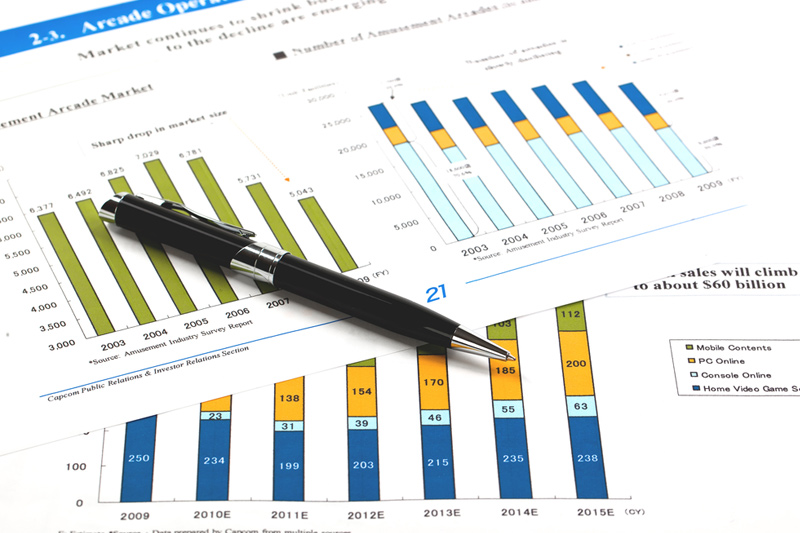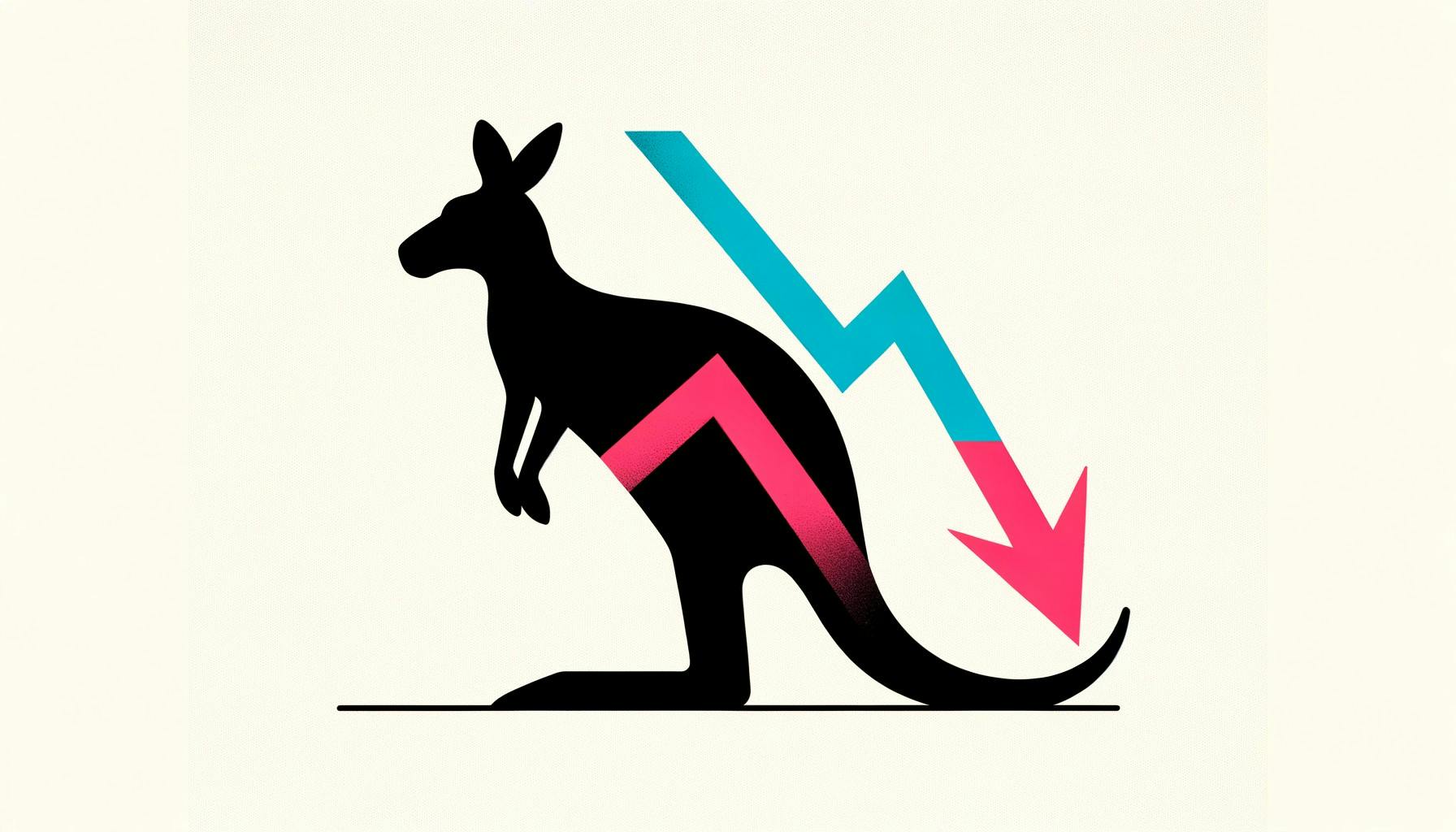The US Manufacturing Purchasing Managers’ Index (PMI) has taken a dip, indicating a contraction in the manufacturing sector. The latest figures show an actual reading of 48.3, which is below the 50 mark that separates expansion from contraction.
This actual number not only indicates a contraction but also falls short of the forecasted figure of 49.4. Economists and traders had expected a slight contraction, but the actual figures have exceeded these expectations, signaling a more significant slowdown in the manufacturing sector than initially anticipated.
Furthermore, the current PMI reading of 48.3 also marks a decline when compared to the previous figure of 49.7. This indicates that the contraction in the manufacturing sector is not a one-off event but rather a trend of decreasing activity over time.
The Manufacturing PMI is a crucial economic indicator as it measures the activity level of purchasing managers in the manufacturing sector. These managers often have early access to company performance data, making the PMI a leading indicator of overall economic performance.
A lower than expected PMI reading is typically seen as bearish for the USD. Therefore, this latest reading could potentially put downward pressure on the US dollar.
The contraction in the manufacturing sector, as indicated by the PMI, could be a cause for concern for policymakers and investors. It suggests that manufacturers are facing challenges, possibly due to factors such as supply chain disruptions, labor shortages, or slowing demand.
As the PMI is a key barometer of economic health, this latest reading will likely be closely scrutinized by economists, investors, and policymakers alike. The hope will be that this contraction is temporary and that the manufacturing sector will rebound in the coming months. However, for now, caution may be the watchword in the manufacturing sector.
This article was generated with the support of AI and reviewed by an editor. For more information see our T&C.












Leave a Reply